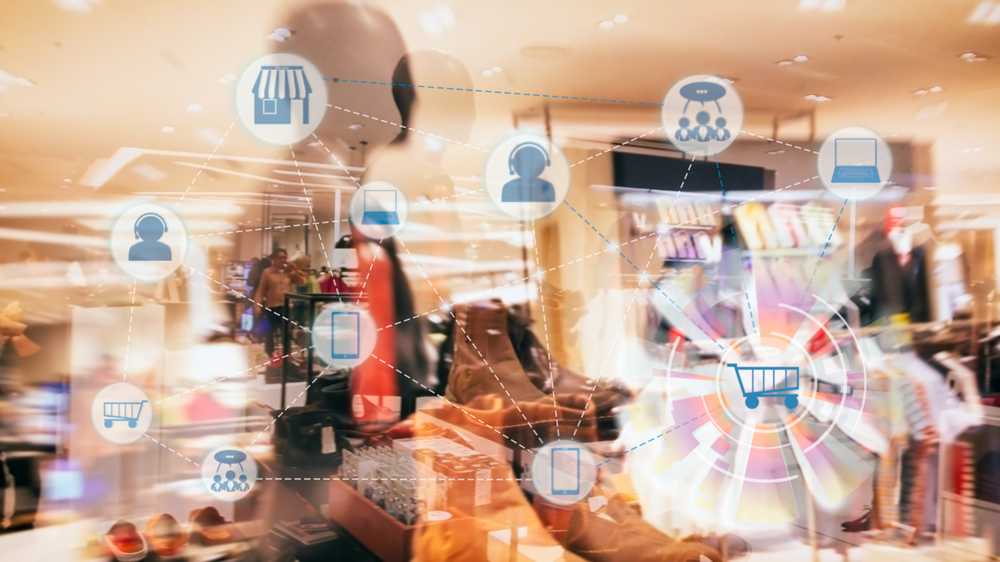Back in the golden age of the industry, retailers had a much easier time of predicting the behaviour of their customers. Shopping cycles were seasonal, replenishment was standardised, and pricing was easier to manage. However, shopping habits are changing. According to research from Accenture, just 19% of Gen Z consumers buy from a single brand for health and beauty items, compared to 34% of Millennials, and fewer than 38% of Gen Z’s shop at a single place for groceries, compared with 55% of older millennials. Use Weiss, CEO at Blue Yonder, argues that, as factors like a retailer’s environmental credentials and YouTube influencers become ever more important in the buying process, retailers need to think much more carefully about how they respond to fluctuating customer demand.
Weiss suggests that data and technology, such as artificial intelligence and machine learning, will help retailers to transform their operations to serve customers for whom price is no longer the key motivating factor:
“Retailers are really struggling with the problem of unpredictable consumers. According to the latest report from research firm RSR, unpredictable consumer demand is the top business challenge among retailers. Of course, consumers are less predictable, because there are far more variables on the table. However, failure to identify consumer preferences and buying patterns is not purely down to consumer unpredictability; it’s a case of uninsightful data. Retailers need to access granular data, in detail, to analyse buying patterns and predict customer demand, and therefore make the right decisions on replenishment and pricing.
“Ubiquitous modern technology and social networking has meant consumers are talking back to their retailers, sharing candid opinions with each other, and presenting themselves as self-appointed brand ambassadors. Retailers are now dealing with knowledgeable customers who have researched what they want to buy before they arrive in-store. Each consumer movement, web visit, conversation, and opinion forms a 360 degree digital footprint of data. This consumer data, when unlocked with artificial intelligence, offers the high-level insight that can give retailers a competitive edge.
Weiss concluded: “By analysing and exploiting data effectively, and using micro-location-based beacon technology, retailers can share personalised deals or suggestions to their customers. Retailers that dedicate resources to either an in-house or third-party data science specialist will discover the secret behind modern customers’ predictability and enhanced user experiences; the cornerstones to successful modern retailing. Combining insightful consumer information with existing circumstantial data, product information and seasonal trends, meanwhile, gives retailers enhanced replenishment decisions and a more loyal consumer base, as well as significantly boosting profits.”




